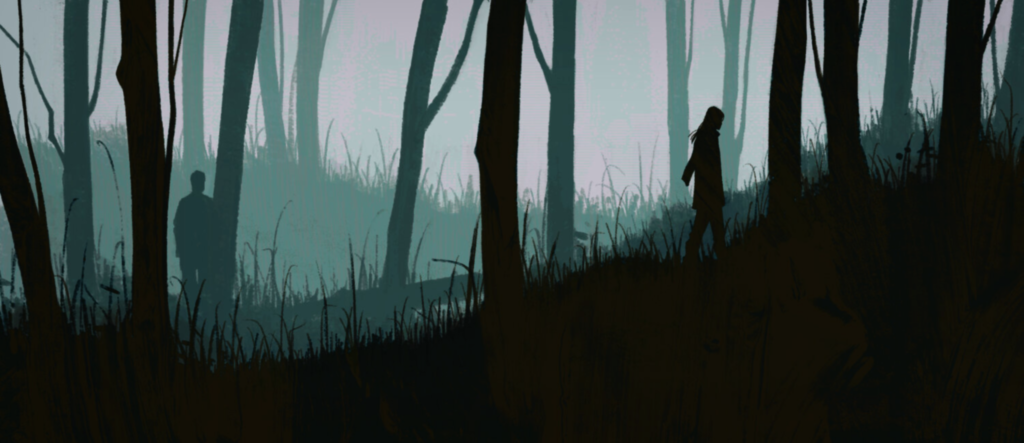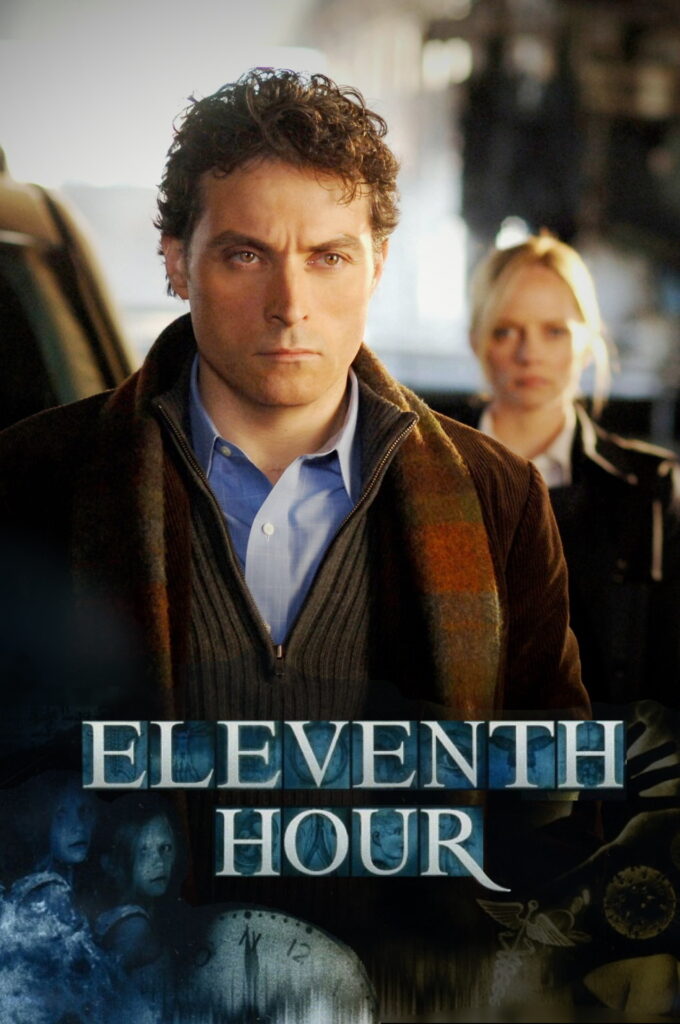US remake of the British TV series starring Rufus Sewell as Jacob Hood and Marley Shelton as Rachel Young. The first season of 18 episodes features two stories adapted from Gallagher scripts (Resurrection, Containment) and two further originals written for the US version (Subway, featuring Mariel Hemingway, and Medea, featuring Melissa Sagemiller).
The pilot episode, adapted by Mick Davis from the original and directed by Danny Cannon, won an ASC Outstanding Achievement Award for cinematographer David Stockton.
At the beginning of my career I wrote a miniseries called Chimera, a variant on the Frankenstein story with a cold-hearted scientist as its villain. It made some waves, and through various debates and public events brought me into contact with a lot of real-world science professionals. I found that these scientists were, almost without exception, sharp, cultured, funny, and great late-night company. They were well-read, they listened to opera, they played musical instruments. Future Nobel prizewinner Paul Nurse was a motorbike nut (and was the guy who first encouraged me to dream up a real-science drama). Biologist Jack Cohen advised sf writers on alien-building and had a daughter who was a dancer. All were genuinely excited to be doing the work they did. As much as these real scientists shaped my picture of Hood, they also shaped my attitude to science villains. The ruthless, ‘playing God’ stereotype, arguing that harm can be justified in the name of progress, is a cartoon. Science’s villains are the same recognisably human people as those regular scientists. But they become villains through regular human flaws, not by Nazi logic. They sell out, or screw up. They can bend the truth and select the data that suits their paymasters or the policymakers, and call it ‘being realistic’. They can be reckless, they can underestimate danger, they can lie to cover their mistakes, they can take desperate measures to cover their lies. But science’s villains are characterised by their human failings, not by single-minded immoral intent.
Stephen Gallagher

